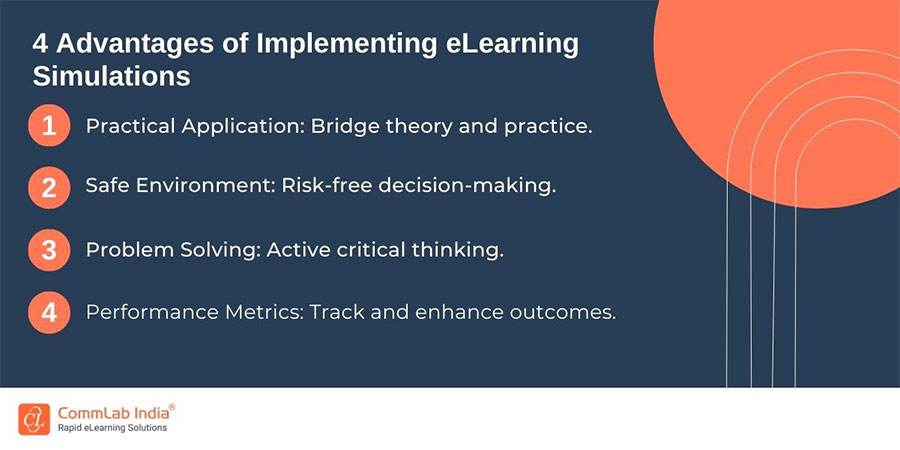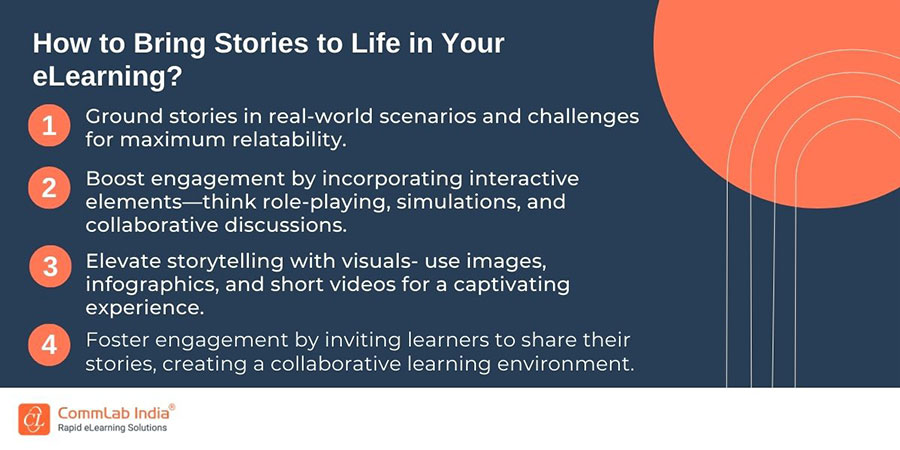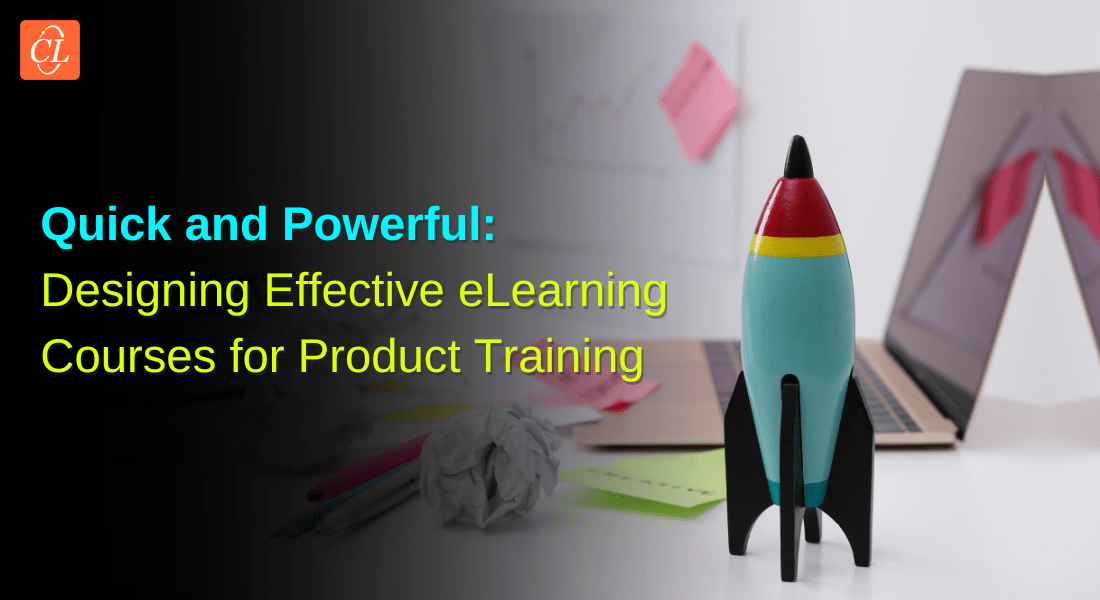Sales Reps Yawning During Product Training? 8 Tips to Rescue!

Product training sessions can feel like a journey through the Land of PowerPoint-induced comas. But fear not, sales leaders! With the right approach, you can transform those sessions into engaging, knowledge-pumping experiences that leave your team ready to conquer the sales floor.
How does Product Training Impact Sales Revenue?
Product training helps sales reps deeply understand the features, benefits, and use cases of a product, so they can:
- Confidently communicate its value to potential customers.
- Address objections effectively.
- Upsell or cross-sell related products.
- Build trust with clients.
Ultimately, this leads to increased sales conversions and customer satisfaction.
How to Keep Your Sales Reps Engaged During Product Training?
Here are 8 tips to help make your product training fun and engaging for your sales teams:
1. Gamify the Learning Journey
- Video-based challenges: Create short, engaging videos presenting product features and challenges. Teams compete to answer questions or complete tasks based on the video content.
- Scenario-based learning: Design interactive quizzes with real-life sales scenarios where teams choose the best approach using the new product features. Award points for correct answers and strategic thinking.
- eLearning simulations: Immerse your team in realistic sales simulations where they apply their product knowledge to handle customer objections and close deals. Track their performance and award points for successful outcomes.

2. Ditch the Monologue, Embrace the Dialogue
- Microlearning modules: Break down complex topics into bite-sized, digestible chunks delivered through short video lectures, interactive infographics, or bite-sized quizzes. This allows for self-paced learning and knowledge retention.
- Gamified discussions: Use online platforms where teams answer open-ended questions, share their experiences, and earn points for insightful contributions. Encourage healthy debate and knowledge sharing.
3. Get Creative with Your Delivery
- Interactive product demos: Instead of a static presentation, conduct live or pre-recorded demos where trainees can interact with the product, ask questions, and explore its features in real-time.
- Role-playing with a twist: Use augmented reality or virtual reality tools to create immersive role-playing scenarios where trainees practice their sales skills in realistic environments.
- Microlearning challenges: Design short, interactive challenges where trainees answer product-related questions, complete tasks, or solve puzzles within a time limit. Gamify the experience with points and leaderboards.
4. Microlearning is Your New Best Friend
- Spaced repetition apps: Utilize apps that deliver key product information in short bursts throughout the day, reinforcing knowledge and preventing forgetting.
- Interactive flashcards: Create digital flashcards with product features, benefits, and objections. Use gamified apps where trainees earn points for correctly answering questions and completing sets.
- Microlearning videos: Produce short, engaging microlearning videos focusing on specific product features or functionalities. Encourage trainees to watch them at their own pace and revisit them as needed.
How to Create Engaging Microlearning Videos? [Watch Video]
→ Download Now: Microlearning for Product Sales Training [Case Study]
5. Make it Real-World Relevant
- Live Q&A with top performers: Invite top-performing sales reps to answer questions and share their experiences using the new product in real-life scenarios. This inspires and motivates other trainees.
- Case study challenges: Present case studies with customer challenges and ask trainees to propose solutions using the new product features. Encourage discussion and debate on different approaches. Here's one of our case studies to help you understand better: Gamified eLearning for Information Security [Case Study].
- Customer success story simulations: Design interactive simulations based on real customer success stories where trainees apply their product knowledge to solve similar challenges.

6. Encourage Peer-to-Peer Learning
- Mentor programs: Pair experienced team members with new hires to share knowledge, answer questions, and provide guidance on applying product knowledge in real-world situations.
- Peer-to-peer challenges: Organize team challenges where groups compete to solve product-related tasks or answer questions collaboratively. This fosters teamwork and knowledge sharing.
- Internal knowledge-sharing sessions: Encourage experienced team members to share their product expertise through presentations, workshops, or Q&A sessions with the entire team.
7. Make it Social and Fun
- Interactive icebreaker games: Use online platforms or apps with fun, product-related icebreaker games to break the ice, get everyone engaged, and introduce key product concepts.
- Team-building activities: Organize activities that encourage collaboration, communication, and problem-solving skills, all while subtly incorporating product knowledge and application.
- Social media challenges: Create social media challenges where trainees share their product knowledge and experiences in a fun and engaging way, earning points and recognition.
8. Track Progress and Reward Success
- Leaderboard system: Implement a leaderboard system that tracks individual and team progress throughout the training program, awarding points for completing modules, participating in activities, and demonstrating mastery.
- Badges and achievements: Offer digital badges or achievements for completing specific milestones, mastering key concepts, or exceeding expectations. This provides a sense of accomplishment and motivates continued learning.
- Rewards and recognition: When conducting eLearning assessments, offer tangible rewards or recognition for top performers, most engaged learners, or those demonstrating exceptional product knowledge. This reinforces positive behaviors and motivates continued effort.
Wrapping Up
Engaged sales teams are informed, confident, and ultimately, more successful. By implementing these tips, you can transform product training from a chore into an exciting adventure, equipping your team with the knowledge and confidence to become true sales superstars!
Did you know: Microlearning is one of the best approaches for delivering impactful sales training! Read our case study to understand how it works:
Download Now!





![4 Key Strategies for Successful Product Knowledge Training [Infographic]](https://blog.commlabindia.com/hubfs/blogs/key-strategies-successful-product-knowledge-training-info.jpg)